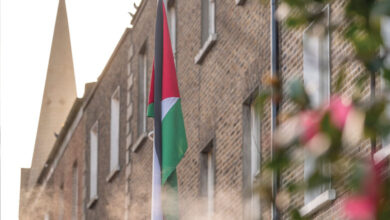Defining standards in CSR
 The International Organization for Standardization’s framework on social responsibility (ISO 26000) is designed to help businesses “turn great ideas into effective actions”. ISO 26000 outlines seven “core subjects” which can be counted as CSR-related activities: human rights; labour practices; the environment; fair operating practices; consumer issues; community involvement and development; and organisational governance.
The International Organization for Standardization’s framework on social responsibility (ISO 26000) is designed to help businesses “turn great ideas into effective actions”. ISO 26000 outlines seven “core subjects” which can be counted as CSR-related activities: human rights; labour practices; the environment; fair operating practices; consumer issues; community involvement and development; and organisational governance.
The human rights aspect involves due diligence, recognising situations where rights are at risk, avoiding complicity and resolving grievances. The ISO recognises environmental work that protects biodiversity, restores natural habitats, prevents pollution, promotes the sustainable use of resources, and responds to climate change.
Consumers’ health and safety should, first and foremost, be protected. They should also be encouraged to consume products in a sustainable way and should also receive a good quality service, factual and unbiased information. Community involvement and development has a broad meaning but can include activities which promote health, education and/or culture, create jobs and wealth, and improve skills and access to technology.
The National Standards Authority of Ireland (NSAI) has adopted ISO 26000 as Irish standard ISO 26000:2010. “There is a growing recognition by business that they can no longer operate within their own confines, an NSAI spokesman told eolas. “Businesses and their stakeholders are becoming more informed on the needs for and the benefits of socially responsible behaviour. Protecting the environment, enhancing social equity and performing good corporate governance are increasingly becoming central to measuring their overall performance/effectiveness and are emerging as criteria within tenders and procurement decisions.”





